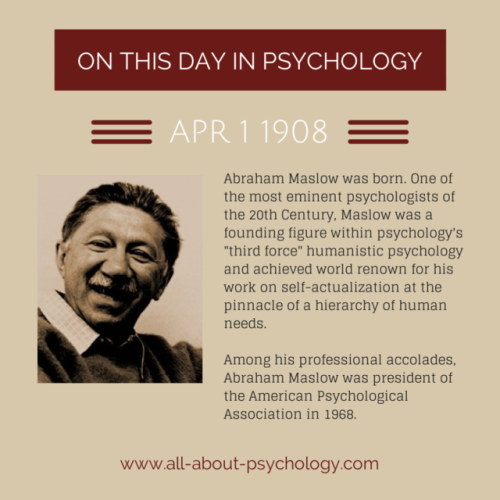In 1936, Literary Digest magazine polled 10 million people using the telephone and its mailing list to try to predict the outcome of the United States presidential election, more people than in any previous presidential election survey. Their results indicated that Alf Landon, the Republican candidate, would defeat Franklin Roosevelt, the Democratic candidate, by a margin of 370 electoral votes to 161; however, in the election, Landon was trounced by Roosevelt by a margin of 523 electoral votes to 8, at the time the largest landslide in a contested presidential election.
Where did Literary Digest go wrong? Well, it was conducting its survey during the Great Depression, a time when telephones and magazine subscriptions (like the Literary Digest) were luxuries for many if not most Americans. Those who could afford such luxuries leaned Republican. But they made up a small proportion of the US population, which overall leaned Democrat.
